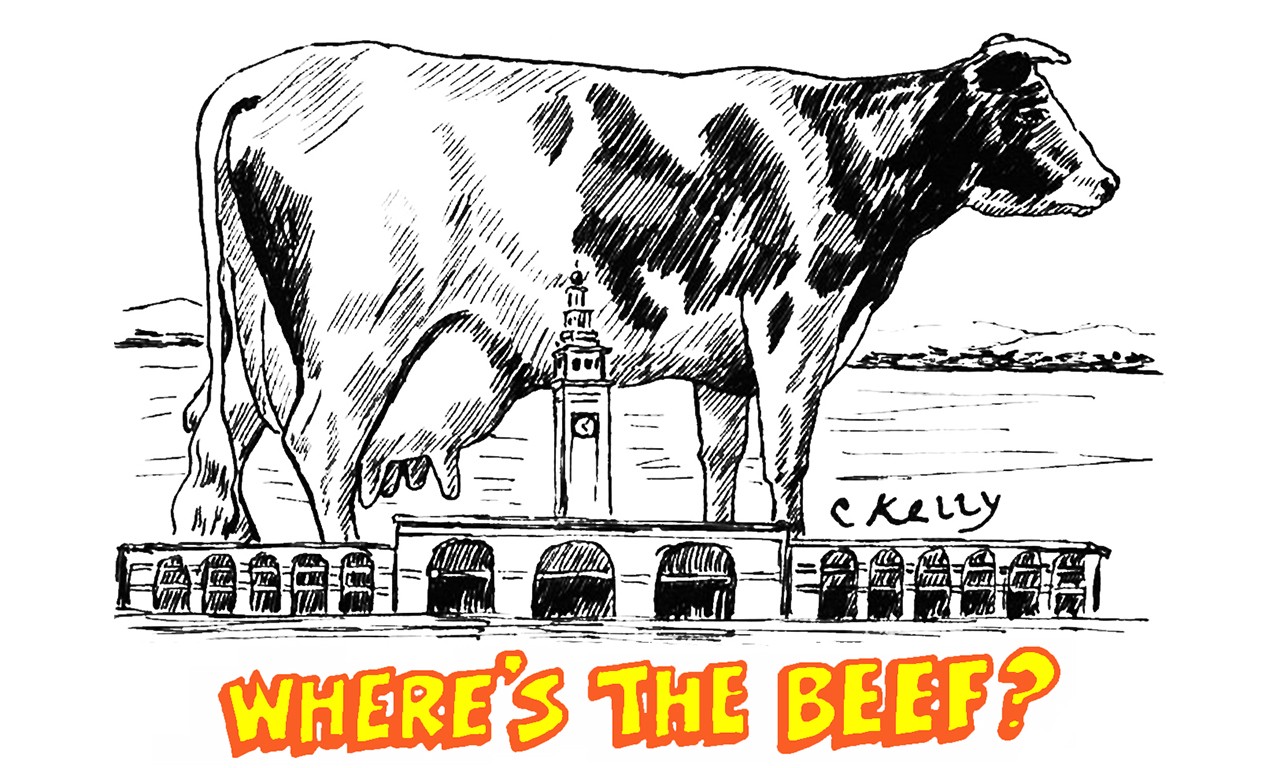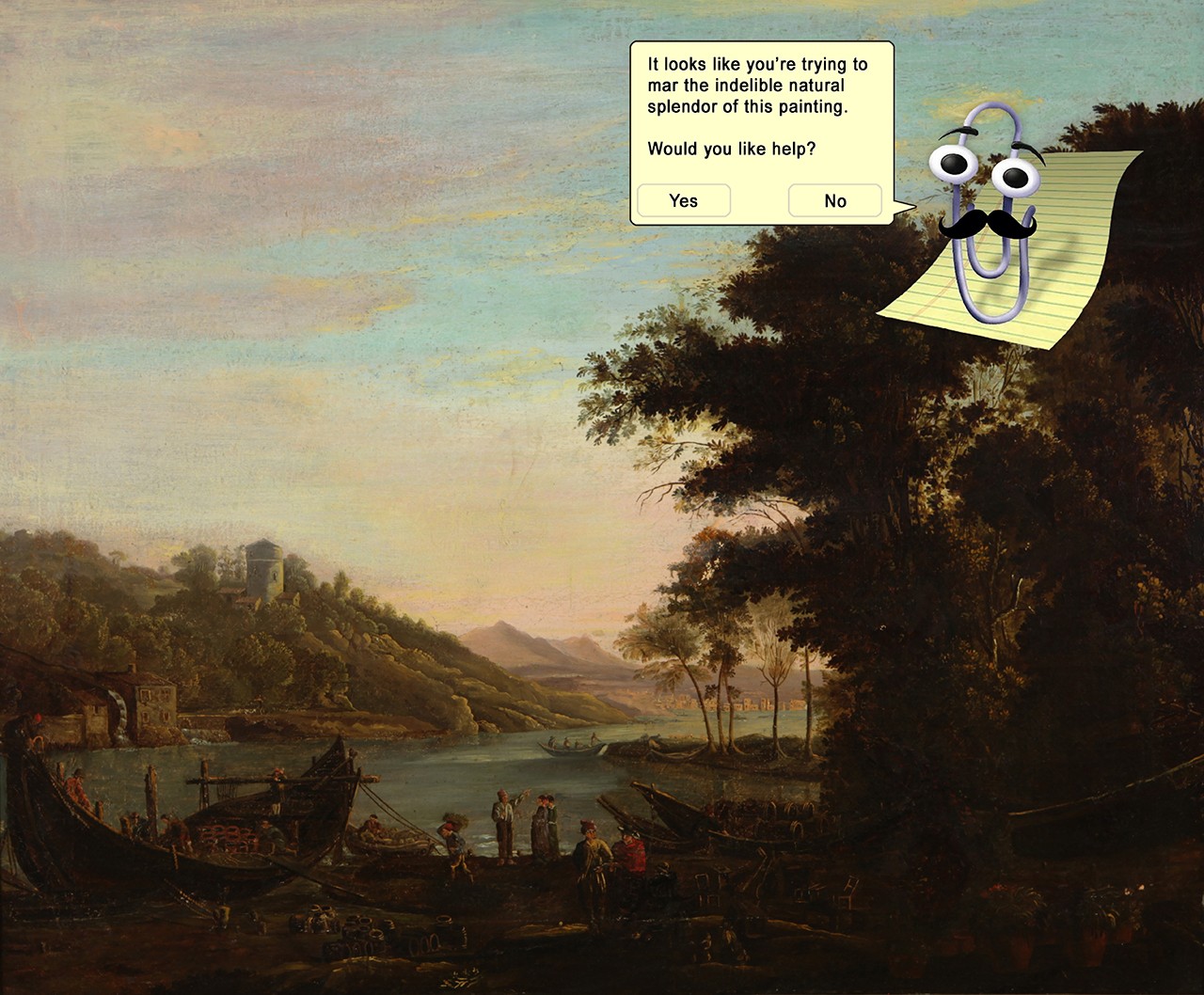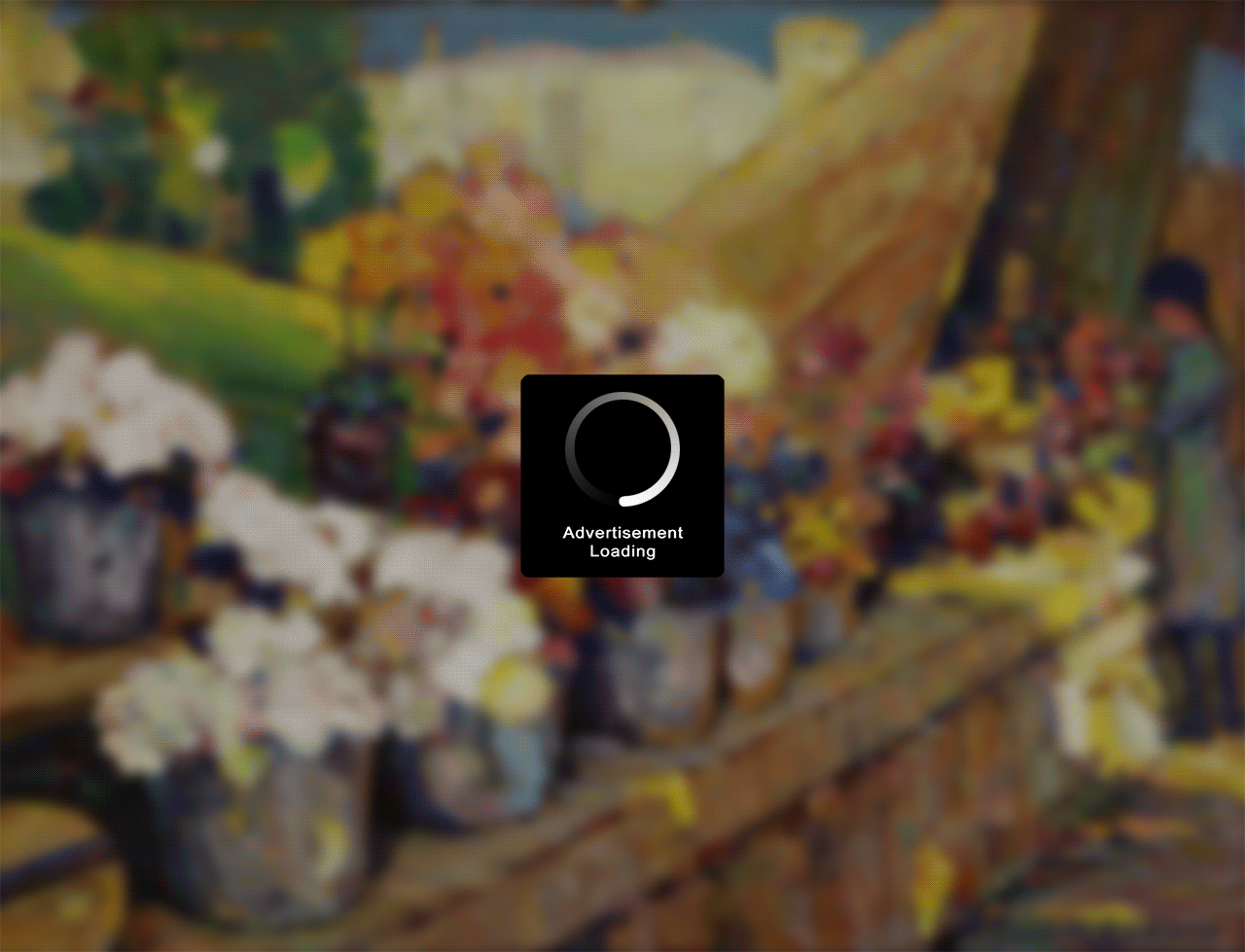© 2023 Kreativa. All rights reserved. Powered by JoomShaper
Commodify: Your Favorite Paintings, Monetized
 |
| Three Spanish Figures (enhanced by Commodify®), c. 1915 Charles Percy Austin (American, 1883-1948) Oil on canvas; 72 × 36 in. 32195c Gift of Mr. Ralph J. Steven |
End of an Era
Lukewarm on the heels of last year’s announcement that the Bowers Museum is implementing Asinus Inc.’s groundbreaking EyinHance™ software, the Bowers Blog is excited to announce a whole new way to experience the museum’s works of fine art through our lucrative partnership with Commodify®. The modern American consumer is subjected to advertising almost 24/7. Fine art has been a coy holdout for thousands of years but Commodify® seeks to finally democratize the fine art viewing experience by incorporating the comforting advertisements that American audiences have so come to expect into their favorite paintings! Here we look at a portfolio of some of the ways in which Commodify® lets corporate advertising and museums work together for everyone’s benefit.
 |
| Untitled (enhanced by Commodify®), 1920 William Joseph McCloskey (American, 1859-1941) Oil on canvas; 30 1/4 x 25 1/4 x 1 1/4 in. 74.22.23 Gift of Mrs. Eleanor Russell |
Put Art to Work
Relatively new to the music accessory game, headphonies® was one of the first brands to partner with Commodify® back in Q3 of 2019. The collaboration was a natural one, especially given that their PleinError line was rapidly rising to become the headphone of choice for listening to ambient folktronica in museum and gallery settings. Though the modifications to the artwork itself are still underway, this is an early render that was auto generated by the Commodify® algorithm using an untitled work by William McCloksey. The result speaks for itself. Art that has for so long relied only on subjective interpretation and immeasurable qualities like “beauty” has now been imbued with good old-fashioned objective meaning and utilitarian purpose. Commodify® aims to put fine art back to work through advertising.
 |
| Untitled (enhanced by Commodify®), early 20th Century Clay Kelly (American, 1874-?) Ink on paper; 5 1/4 x 8 in. 33317.78 Gift of Mrs. Clay Kelly |
Tags and Taglines
Not every artwork needs major modifications to help it advertise. By pulling smart tags from museum collection databases, it is easier than ever to search for works that can be easily adapted one’s advertising needs. Take for example the famous fast food slogan from 1984, “Where’s the beef?” The Commodify® algorithm can pull keywords out of advertising copy and search for them, automatically starting to work on renders without any further input from potential advertisers. In this case the output can be seen above in a Commodify® enhanced version of one of Clay Kelly’s surreal drawings. Finally, 38 years after the fact, buyers will be able to confidently say, “the beef is right there, over ten stories tall and hulking over San Francisco’s Ferry Building.” No undersized patties here!
 |
| Untitled (enhanced by Commodify®), c. 1641 Claude Lorrain (French, 1600-1682) Oil on canvas; 24 1/2 × 29 in. 76.45.43 Gift of Mr. & Mrs. William T. and Margaret McManus |
E-Clip
For those that want more creative control over their projects, Commodify® is rolling out a state-of-the-art digital assistant named E-Clip to assist corporate marketing teams in modifying artworks to suit their needs. When you are working E-Clip is watching, always watching. Better yet, he is always ready to jump in with a helpful suggestion should advertisers hit a wall. This fully functioning and self-aware artificial intelligence is capable of answering any question posed to it, whether in writing or verbally. Try saying “E-Clip, let’s try airbrushing the Mona Lisa” out loud! It won’t do anything yet, but why not get ready for the marriage between an intrusive digital assistant and the caliber of restoration work one might expect of Cecilia Gimenez?
 |
| Flower Market (enhanced by Commodify® Video), c. 1921 Frank Coburn (American, 1862-1938) Oil on beaverboard; 20 × 26 in. 4551 Gift of Georgia DeLong in memory of her brother, Frank Coburn |
Buffering One’s Brand Infinitely
Static images and artworks are increasingly becoming a thing of the 20th century; video is the way of the future. The coup-de-gras of the Commodify® suite is the seamless integration of video advertisements into paintings. Here the Commodify® team has painstakingly incorporated animations promoting a well-known nationwide flower conglomerate into Frank Coburn’s 1920s painting, Flower Market. An unfortunate downside of editing the work’s AR footprint is that some of the resulting advertisements have been experiencing longer than usual load times. Commodify® has a team of engineers working to address the issue and make it easier for audiences to get to the advertisements that they will come to expect as part of the museum experience.
This product is slated to hit the Bowers and other museums near you on the 32nd of March. Any delays may be due to April Fools!
Text and images may be under copyright. Please contact Collection Department for permission to use. References are available on request. Information subject to change upon further research.

Comments 1
About time.
Along with our recent NFT acquisitions of the two Monets and major crypto donations, we move forward again!